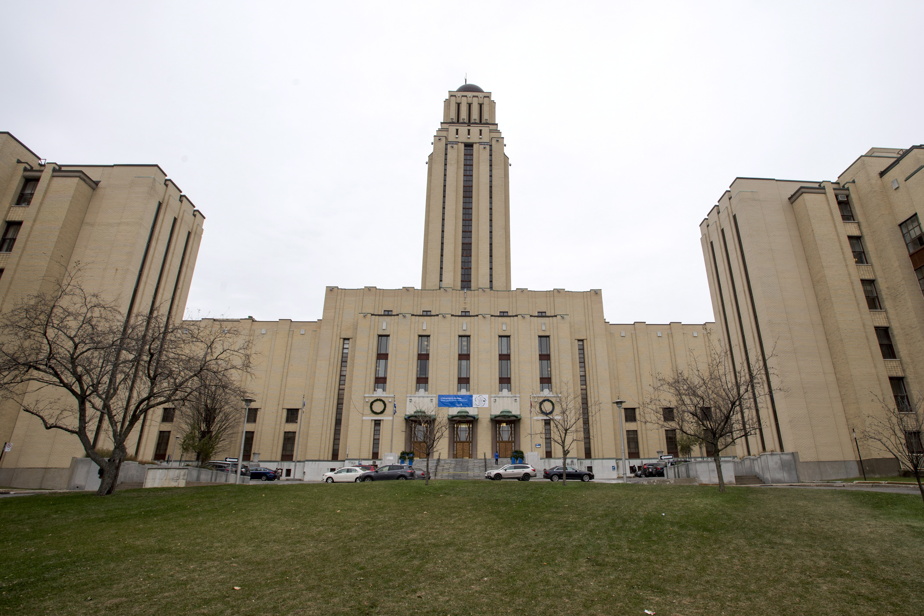Faced with the “very great difficulty” of repaying the Chinese donation of $550,000, the University of Montreal will keep the money in its coffers and use it to finance projects related to “knowledge of democracy” and mobility international student.
The establishment says it has “assessed all avenues available to it” due to the “climate of uncertainty” created by the allegations surrounding the promised donation of $800,000 – of which the last installment of $250,000 has not been received – and his connection to the Chinese regime, in an alleged attempt at political interference.
The University of Montreal has come to the conclusion that a refund would potentially come up against significant pitfalls, in particular because the operation could go against the provisions of the Income Tax Act, underlines interviewing the rector of the establishment, Daniel Jutras.
“We sought legal advice to determine under what conditions the donation could be returned. Achieving this would require obtaining a declaratory judgment from the Superior Court voiding the donation,” he explains. Thus, proof should be made that there are grounds for annulling it.
“But the proof, it is not easy to find. It is in the hands, hypothetically, the Globe and Mail tells us, of CSIS [Canadian Security Intelligence Service], which is not going to share this evidence with us,” Jutras said.
As part of the same contract, Zhang Bin, one of the two donors whose link to the Chinese regime has been established, pledged to donate, through his company, Millennium Golden Eagle, $200,000 at the Pierre Elliott Trudeau Foundation.
The latter, who ultimately only received $140,000, struggled to return the check to its sender, but finally did so last week. How is it that the University of Montreal did not succeed? “Everyone proceeds with the information they have,” replies the rector.
He adds that the establishment tried to get in touch with Zhang Bin, in vain. “We tried to contact him to deny or confirm the allegations that we have been talking about for weeks, and we still have no answer,” said Daniel Jutras, who was not rector at the time when the agreement has been reached.
Emails from a bundle of internal documents obtained by La Presse show that members of the Trudeau Foundation’s board of directors were concerned in early April that the organization would not be able to return the check to the company issuing the donation.
While the donation left the university embarrassed, the Chinese check must be put into context, says Jutras. “It was nothing unusual. There was a lot of activity in the interactions between Canada and China, joint research projects, at the time,” he argues.
Since then, the situation has changed: Beijing has arbitrarily detained Canadians Michael Spavor and Michael Kovrig for more than three years, and its actions threaten Canadian national security. So if Chinese donors approached the University right now, “we would be asking questions that we didn’t have at the time,” he says.
Only four $10,000 scholarships from the Bin Zhang–Niu Gensheng China-Canada Scholarship Fund, named after the two Chinese billionaires, have been awarded to law school students. It was in 2018.
Since then, no other scholarships have been awarded, the number of applicants “being reduced” and “the pandemic having stopped international mobility”, indicates the University of Montreal, specifying that the balance of the fund stands today at $506,791.89.
The project ultimately did not materialize. After evaluating the project, the invoice for which was just over $3,000 for a prototype commissioned from an Inuit artist, “it became apparent fairly quickly that the amount would not cover the cost of erecting the statue, so the question did not arise”, explains Daniel Jutras.

